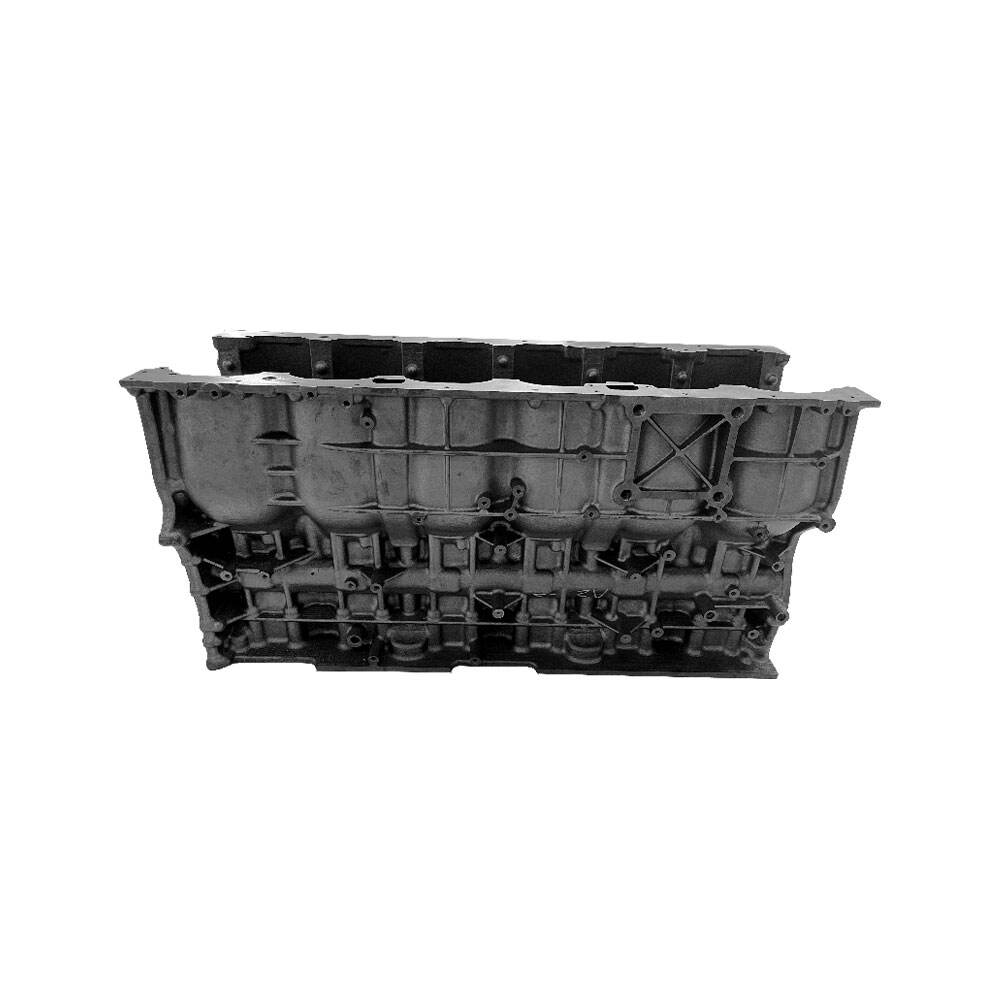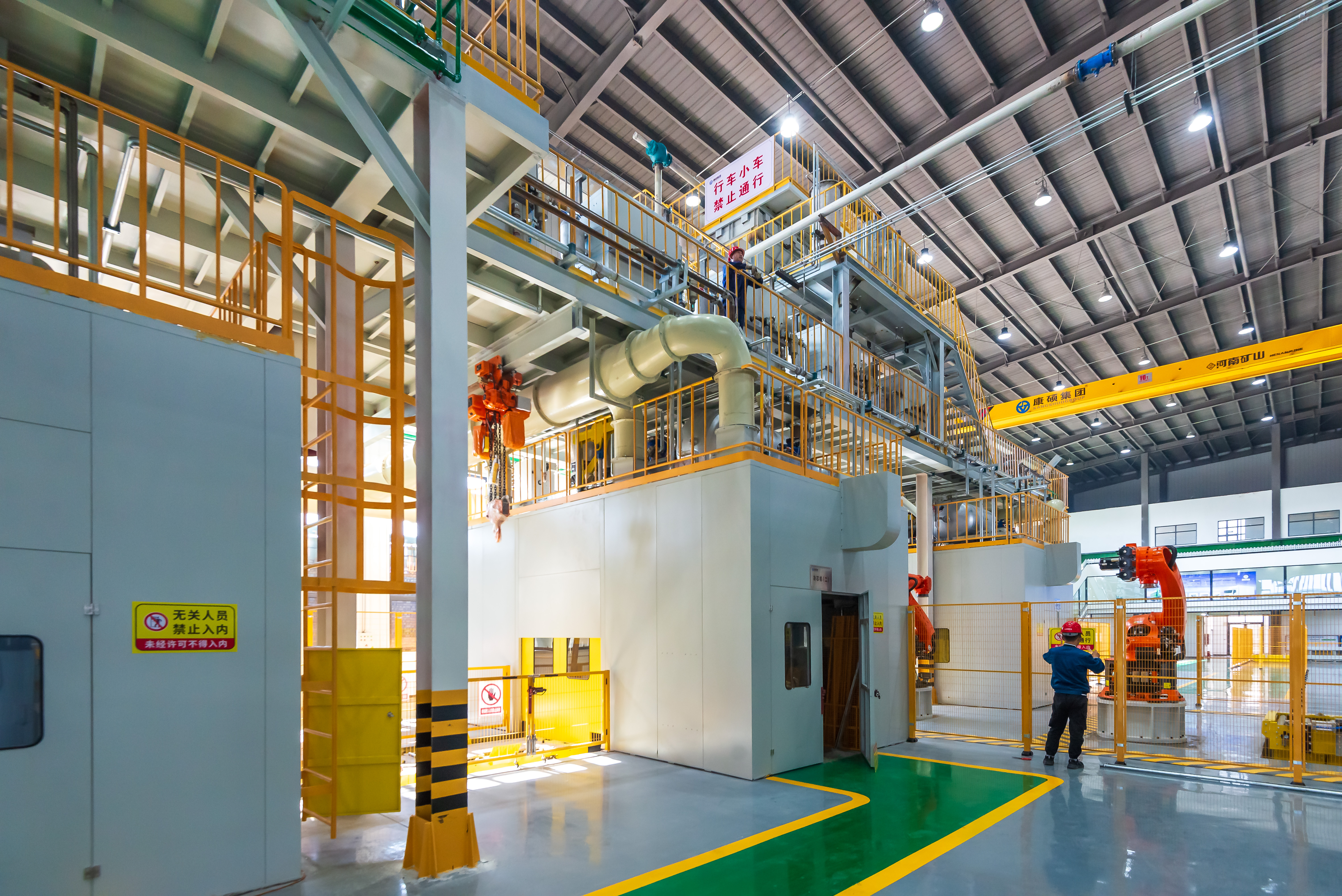cast iron steel
Cast iron steel represents a remarkable fusion of traditional metallurgy and modern engineering, combining the best properties of both cast iron and steel. This versatile material is created through a specialized manufacturing process that involves carefully controlled carbon content and alloying elements. Cast iron steel exhibits exceptional strength, durability, and wear resistance, making it an ideal choice for numerous industrial applications. The material's unique molecular structure allows it to maintain structural integrity under high stress conditions while providing excellent thermal conductivity. It demonstrates superior resistance to corrosion and chemical degradation, particularly in challenging environmental conditions. In manufacturing, cast iron steel proves invaluable for producing complex shapes and components through various casting methods, offering cost-effective solutions for large-scale production. The material's adaptability allows for precise machining and finishing, ensuring dimensional accuracy in final products. Modern innovations in cast iron steel production have led to enhanced mechanical properties, including improved ductility and impact resistance, while maintaining the traditional benefits of conventional cast iron. This advancement has expanded its applications across diverse sectors, from automotive components to heavy machinery and structural elements.


